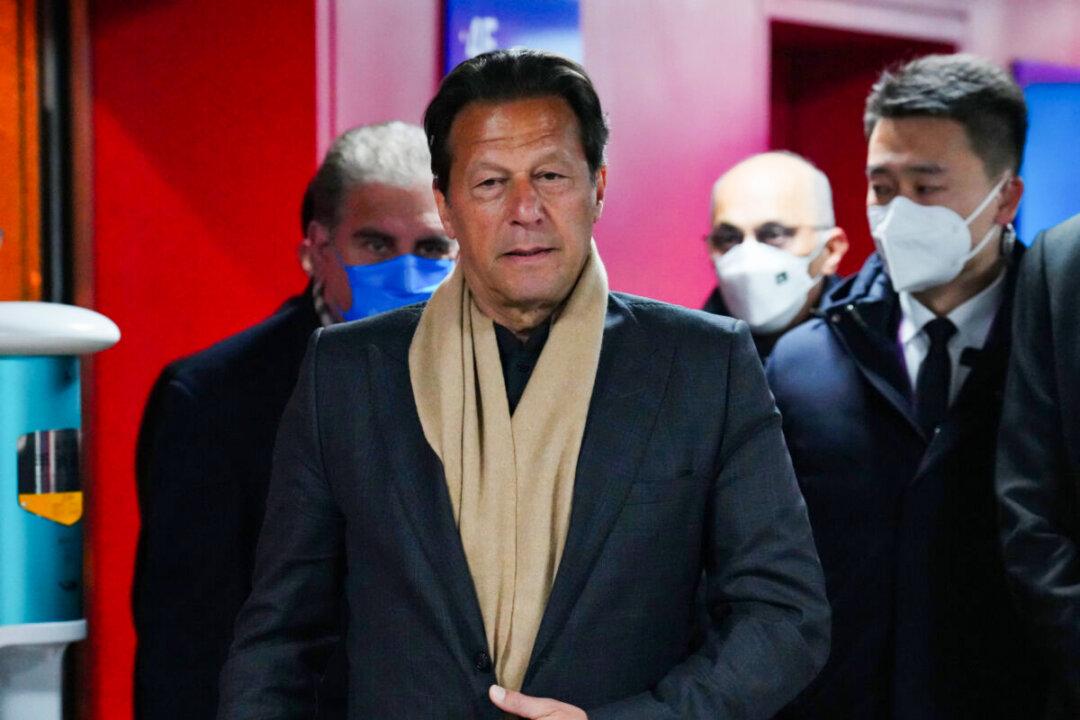ISLAMABAD—Pakistan’s political opposition ousted the country’s embattled prime minister in a no-confidence vote on April 10, which they won after several of Imran Khan’s allies and a key coalition party deserted him.
The combined opposition will form the new government, with the head of one of the largest parties, the Pakistani Muslim League, taking over as prime minister.





